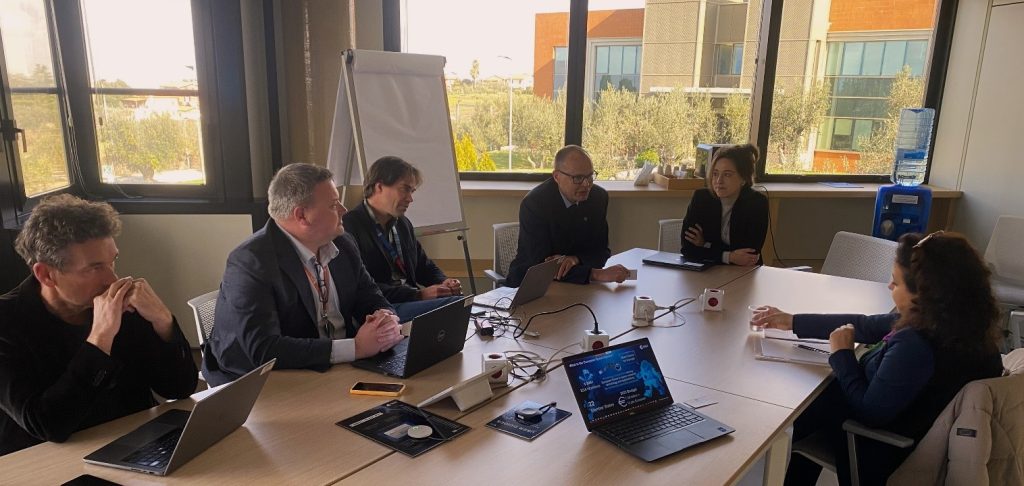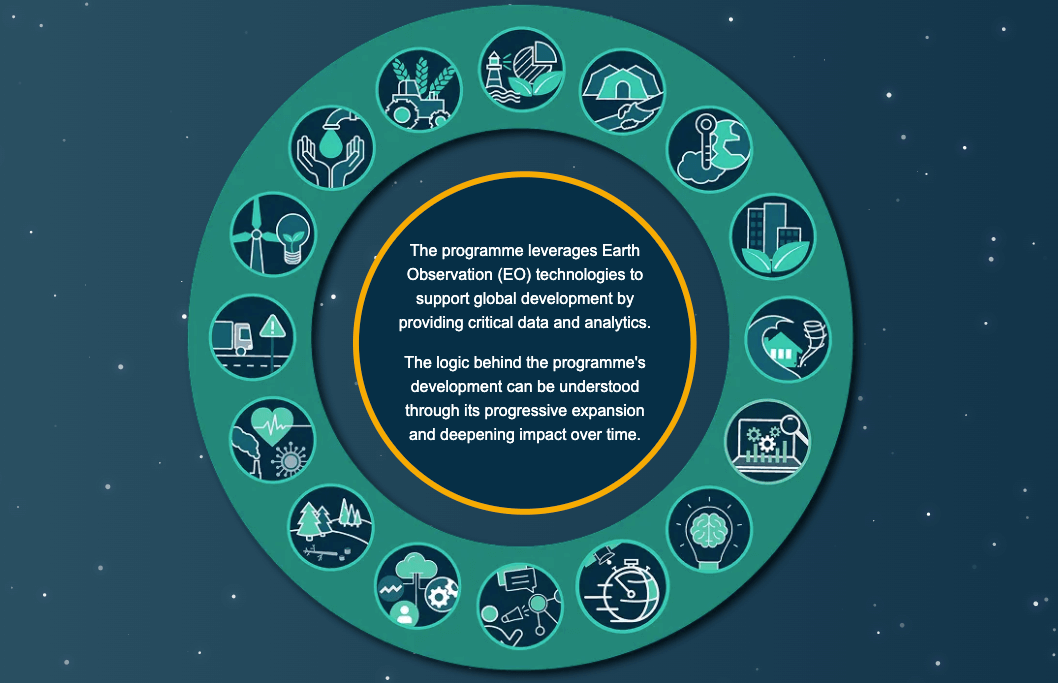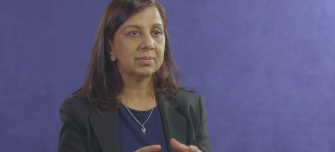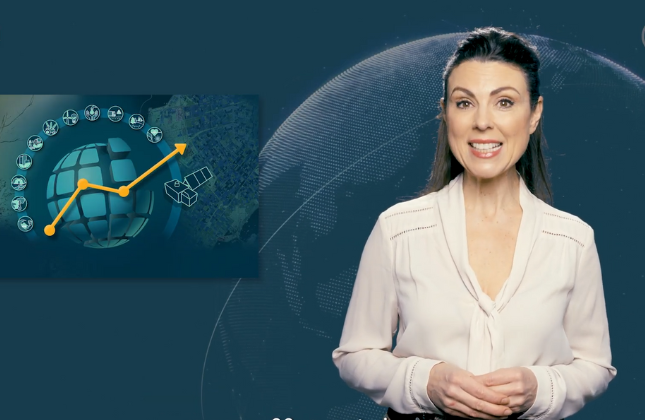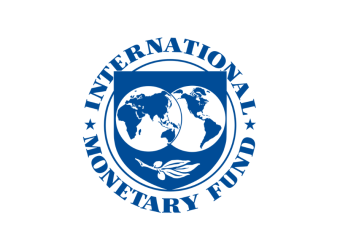On February 8th, 2024, ESA was honoured to welcome Ms. Dima Al-Khatib, Director of the United Nations Office for South-South Cooperation (UNOSSC), to its ESRIN facilities in Frascati, Italy – an opportunity to explore partnership pathways and discuss ways on accelerating progress towards shared goals.
Fostering global partnerships and catalysing sustainable development, the UNOSSC stands as a beacon of collaboration. Established to promote, coordinate, and support South-South and trilateral cooperation globally and within the United Nations system, UNOSSC plays a pivotal role in advancing the 2030 Agenda for Sustainable Development.
The visit commenced with an inspiring tour through ESA’s Φ-experience, showcasing the transformative power of satellite Earth Observation (EO) technology. It provided Director Dima Al-Khatib with invaluable insights into the vast array of data captured by satellites and how EO technology enables us to tackle global challenges, from monitoring climate change to enhancing disaster resilience.
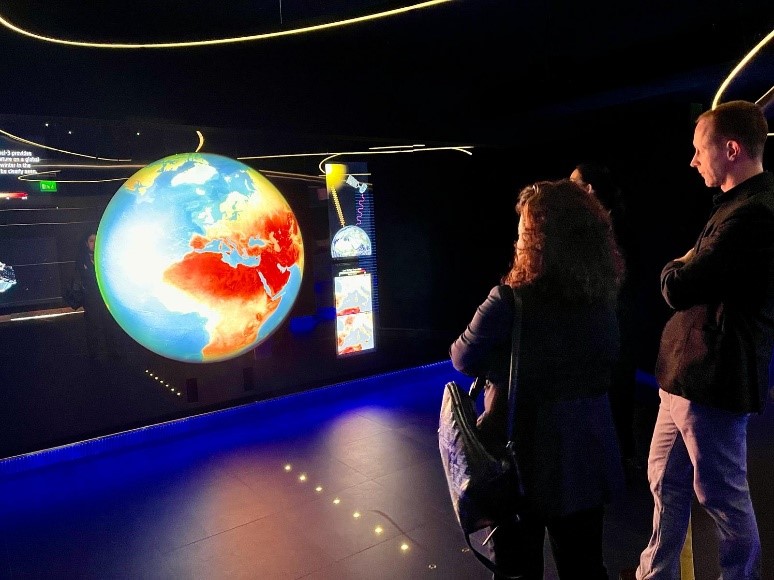
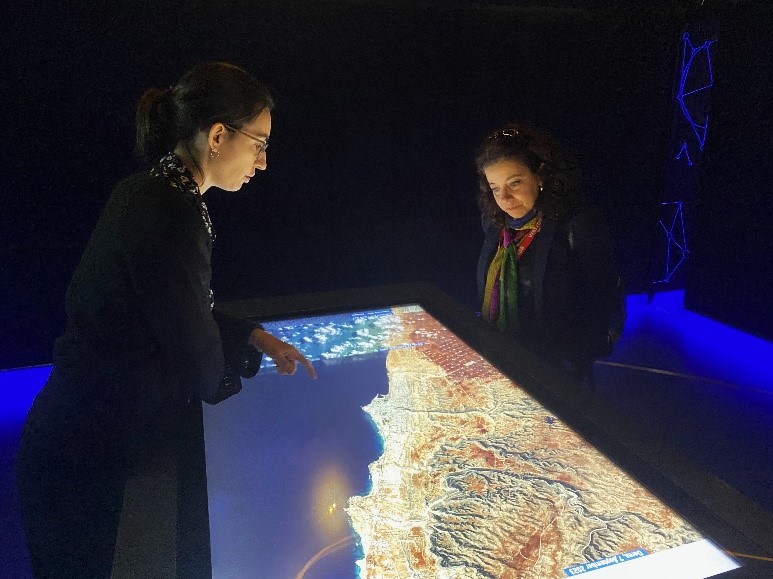
Following the tour, a high-level meeting ensued, bringing together key stakeholders from UNOSSC and ESA’s Earth Observation Directorate. Ms. Dima Al-Khatib, accompanied by UNOSSC Research Specialist Dumitru Vasilescu (remote presence), engaged in insightful discussions with Rune Floberghagen (Head of ESA’s Climate Action, Sustainability and Science Department), Benjamin Koetz (Head of ESA’s Sustainable Initiatives Office), and team members of ESA’s Global Development Assistance (GDA) programme, including the GDA Programme Coordinator Christoph Aubrecht, Clément Albergel (remote presence), Philippe Bally, Zoltan Bartalis, and Anika Ruess.
During the meeting, UNOSSC’s strategic framework was presented, outlining three key pillars aimed at enhancing South-South and triangular cooperation to accelerate progress towards the Sustainable Development Goals (SDGs). Director Dima Al-Khatib highlighted UNOSSC’s mandate to convene and drive evidence-based policy formulation, accelerate knowledge sharing and innovation, mutually beneficial learning between countries, as well as manage resources through dedicated trust funds. Emphasising the importance of partnership and collaboration, Ms. Dima Al-Khatib reiterated UNOSSC’s commitment to working with diverse stakeholders to achieve the SDGs among developing countries and build more resilient communities. She especially acknowledged the potential of EO technology to support this endeavour, enabling data-driven decision-making and enhancing resilience in the face of climate change and other increasing environmental challenges in the Global South.
Earth Observation (EO) data emerges as a pivotal force in propelling evidence-based policy making, marking a transformative era for global collaboration. It stands at the forefront of monitoring and measuring progress towards the Sustainable Development Goals (SDGs), serving not only as a beacon of accountability but also as a potent catalyst for new evidence that fuels intensified cooperation among countries. This synergy fosters South-South and triangular cooperation, unlocking unprecedented opportunities for shared knowledge and joint solutions to pressing challenges. Recognising its vital role, the United Nations Office for South-South Cooperation (UNOSSC) is committed to forging a long-term strategic partnership with the European Space Agency (ESA) in specific areas of interest to member states and UN development system. These prioritised domains, including climate and disaster resilience, water and energy management, and urban sustainable development, are critical to shaping a resilient, sustainable future for all. Through this alliance, EO data transcends mere observation, becoming a cornerstone of innovative, collaborative efforts that span continents and cultures, driving forward a unified agenda for a better world.
Dima Al-Khatib , Director United Nations Office for South-South Cooperation
Rune Floberghagen gave meaningful insights into ESA’s strategic goals, particularly in areas related to sustainable development and global partnerships, including the transfer of space-based technologies and applications to address pressing global challenges. This was complemented by a comprehensive presentation of ESA’s GDA programme and goals by Christoph Aubrecht, offering a deep dive into some of the GDA’s key thematic activities such as Climate Resilience, Disaster Resilience, Urban Sustainability, Clean Energy, and Agriculture. Each present Technical Officer provided valuable and in-depth insights into their respective GDA thematic area. By showcasing real-world applications and success stories, Clement Albergel, Zoltan Bartalis, and Philippe Bally effectively conveyed the transformative power of ESA’s EO data in addressing global challenges. This highlighted the tangible impact of the GDA programme for development operations and underscored its potential for future collaboration, with a focus on how ESA’s EO data and technology can support UNOSSC’s efforts to facilitate knowledge, skills, resources, and technical know-how exchange through regional and interregional collective actions among developing countries.
Looking ahead, both UNOSSC and ESA expressed their intention to collaborate and harness the power of satellite EO in South-South cooperation to advance the SDGs. The European Copernicus programme, as the world’s largest single Earth Observation programme, provides full, free and open access to satellite data at global scale enabling the development of applications in a variety of domains. Stakeholders all around the world can leverage these observations and the insights derived from them to make data-driven decisions and policies that will help in achieving the SDGs by 2030. With a shared vision of streamlining satellite EO-based services across thematic domains, fostering technology adoption, and consequently contributing to the growth of local digital economies, the stage is set to engage in collective and impactful action.
Through joint efforts and strategic alignment between UNOSSC’s objectives and ESA’s global partnership goals, we aspire to create meaningful change and contribute significantly to the realisation of a more equitable world for all.
